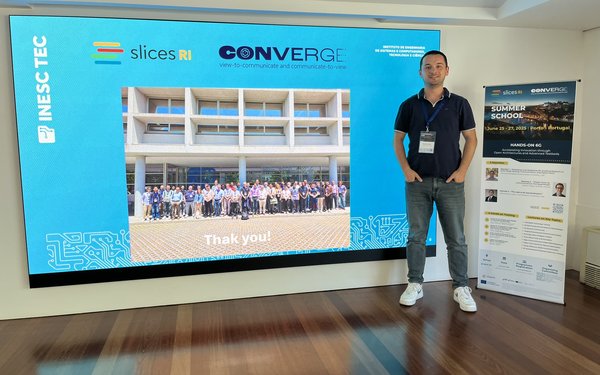Current News
Katharina Dietz receives Best Student Paper Award

Filip Simonovski receives Best Oral Presentation Award
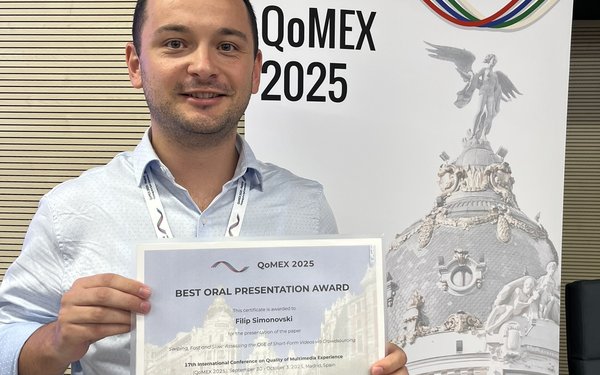
QoMEX 2025

Oktoberfest 2025

Prof. Seufert Once Again Ranked Among the Top 2% Scientists Worldwide (Stanford/Elsevier List)
For the fifth consecutive year, Prof. Dr. Michael Seufert has been included in the prestigious Stanford/Elsevier Top 2% Scientists list. Prof. Seufert's repeated listing underscores the outstanding research conducted in his field and impressively demonstrates the international recognition and relevance of his scientific work.

Event Report: 3rd Workshop on Machine Learning in Networking (MaLeNe)
The Third International Workshop on Machine Learning in Networking was a successful half day event held at Technical University of Ilmenau on September 1, 2025, where it was co-located with the Conference on Networked Systems (NetSys 2025). We would like to thank all the authors, reviewers, and attendants for their precious contributions towards the successful organization of the workshop!
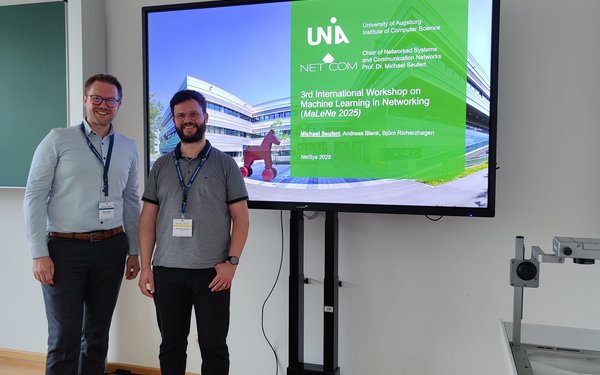
Prof. Dr. Michael Seufert presents his TNSM paper Marina at NetSys2025
On Tuesday, September 02, 2025, Prof. Dr. Michael Seufert had the honor presenting his paper, “Marina: Realizing ML-Driven Real-Time Network Traffic Monitoring at Terabit Scale“, during the Hot Topic Talks for excellent journal publications at NetSys 2025 in Illmenau, Germany.
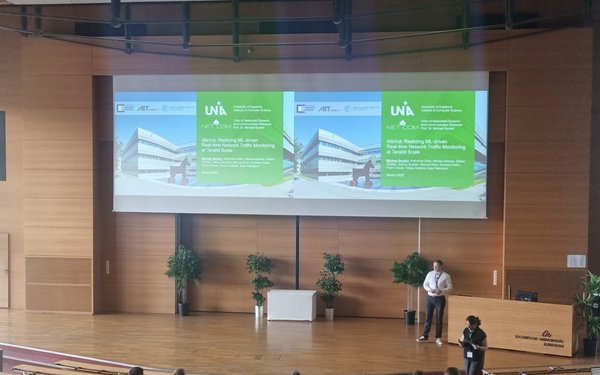
I Choose You: Evaluating the Impact of Feature Selection on XAI Consensus for ML-NIDS
Today, our paper titled “I Choose You: Evaluating the Impact of Feature Selection on XAI Consensus for ML-NIDS” has been presented at the 3rd MaLeNe Workshop. In this work, we examine the hypotheses that feature selection methods can influence the level of consensus among different XAI methods.

Tutorial on XAI for QoE Modeling
In research, it is important for us to know which factors have the greatest impact on user satisfaction and what fundamental relationships are hidden within the data. This is where methods from explainable machine learning (XAI) can help, and we have written a tutorial paper on how such methods can be applied to QoE modeling.
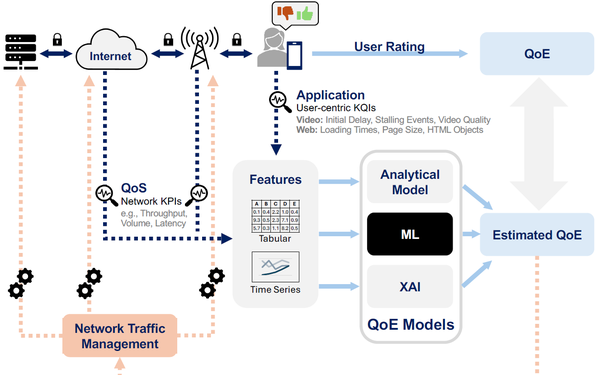
NETCOM summer party 2025
On Friday, July 4, it was time again for our second NETCOM summer party! The focus was on fun and getting together. We started at the Wittelsbacher Park with games outside in the beautiful weather, before ending the day with a nice meal and relaxed chats at the Old University.
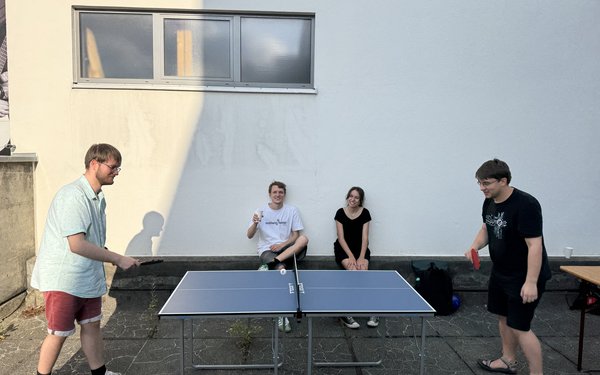
SLICES PhD Summer School
From June 25 to 27, 2025, Filip participated on the SLICES-RI / CONVERGE PhD Summer School in Porto, Portugal. The event was hosted by the research institute INESC TEC, located on the campus of the Faculty of Engineering at the University of Porto.
